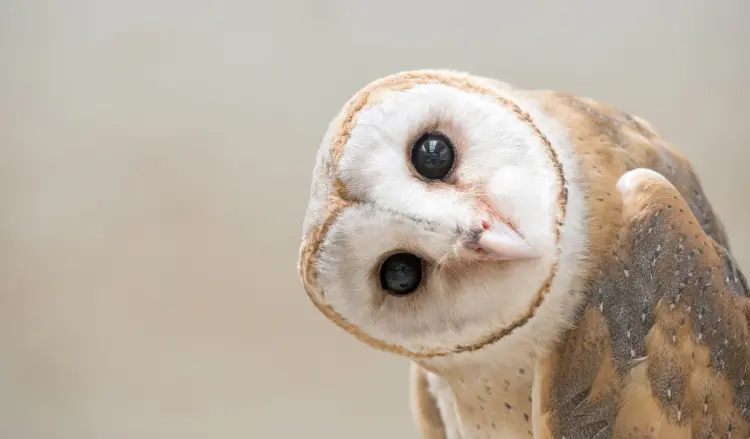“Nature and forest are part of my life” – we interview a forest protector
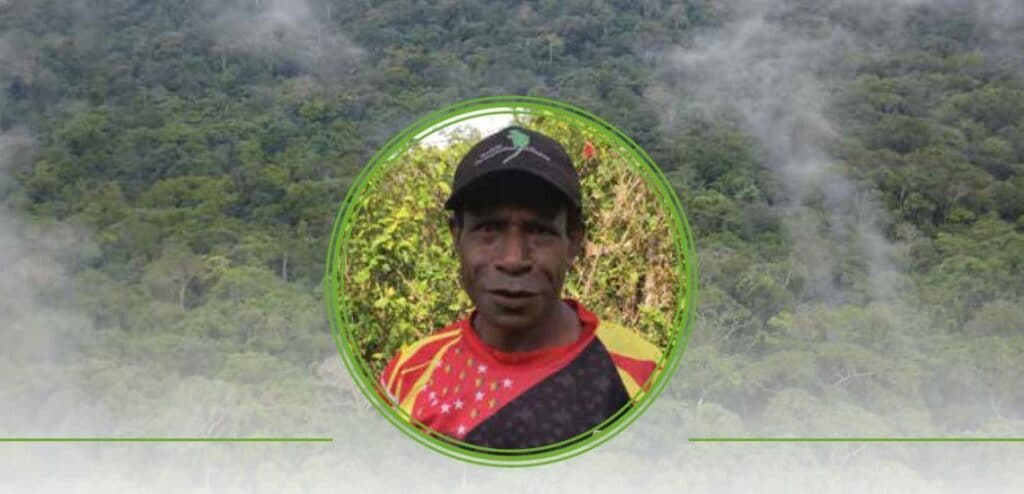
Fidelis Nick was born in a remote village in Papua New Guinea and is now Project Officer for Tenkile Conservation Alliance. We sought his unique perspective on forest conservation.
By Shaun Hurrell
Papua New Guinea: where tree kangaroos clamber on mossy branches, the world’s largest pigeon displays its fantastic purple crown and lush primary rainforests have tremendous global importance. The country is also set apart by the fact that about 97% of forest is privately owned (mostly by village communities), providing a unique conservation opportunity where local people can take the lead.
Fidelis Nick has a special, ancestral connection to the forest and is in the best position to manage and protect it. From the village of Muku, within the Torricelli Mountain Range, he keenly understands the extensive forest scars left by commercial loggers and plantation growers. But he’s also lived through the hunger pangs faced by his community, who often hunted tree kangaroos.
The Tenkile Conservation Alliance (TCA) started working here in 1999, when many species of tree kangaroo found nowhere else were on the verge of extinction. The NGO has since built the trust of 50 villages who agree not to hunt them (to tremendous success) and instead support themselves with alternative sustainable food sources.
Through BirdLife’s project to improve local people’s forest governance in the Asia-Pacific region, TCA aims to improve local people’s land rights and strengthen their understanding of their roles in sustainable forest management. As well as empowering them to respond to loggers and government policies, TCA also employs rangers and officers like Fidelis, who regularly collect GPS points, take photographs, deploy camera traps and record data to monitor biodiversity and the condition of their forest.
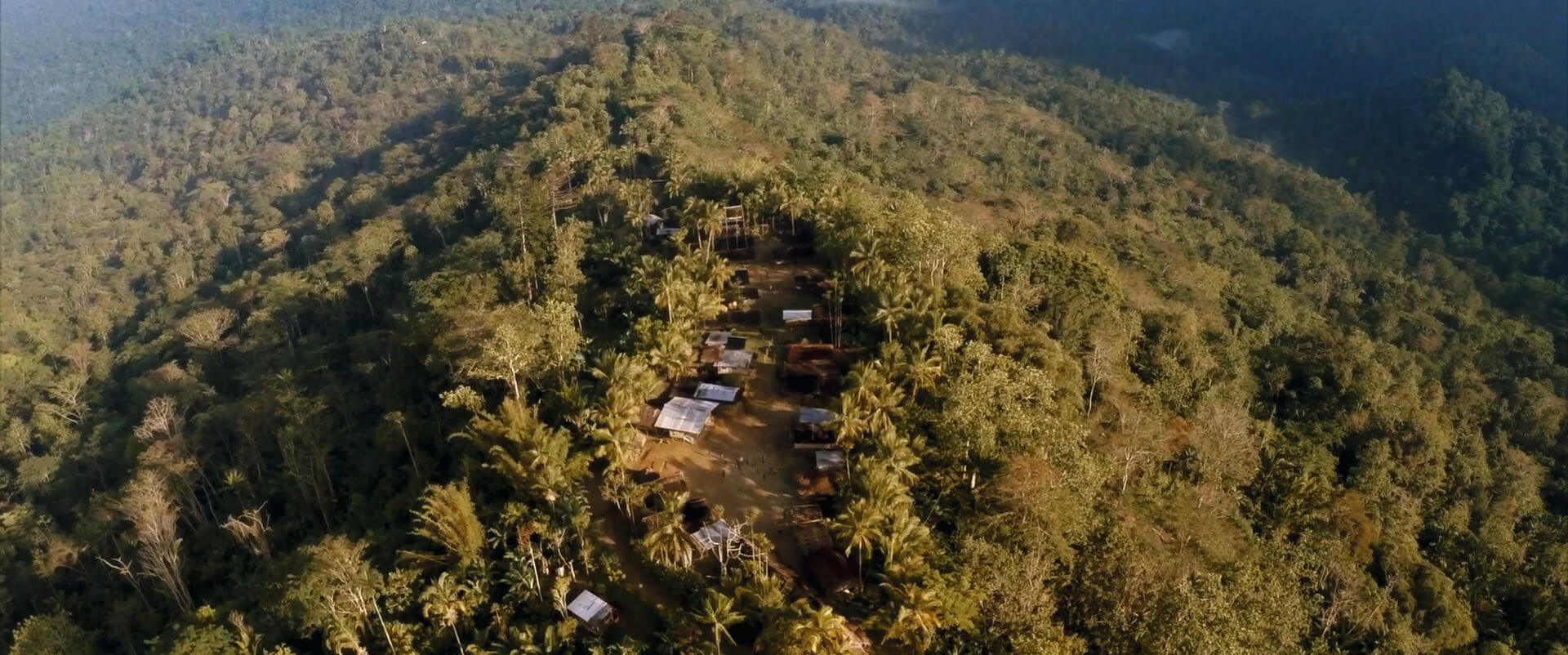
What does nature and forest mean to you?
They are part of my life. I depend on them. From my ancestors, to my time today and continuing generations in the future, Nature and Forest* both act together to contribute to support my life.
We believe that Nature itself is part of our powers of strength. It can even make changes in the Forest; if someone from another village comes into our Forest and starts shouting, telling jokes or speaking their own language, Nature will react and the Forest will change its weather patterns.
Before I first travelled to Australia, early morning I walked up to the small hill, stood there looking to the mountain with arms open, started to shout and call my Nature to come and follow me by saying: “Bush, ground, water, animals, birds, plants, reptiles and the Earth Spirit come with me and protect me – I am going to Australia.” Then all of sudden the windblows from the mountain with a thick white fog that comes to me and covers me, and the insects stop making a noise. That’s what Nature and Forest mean to me.
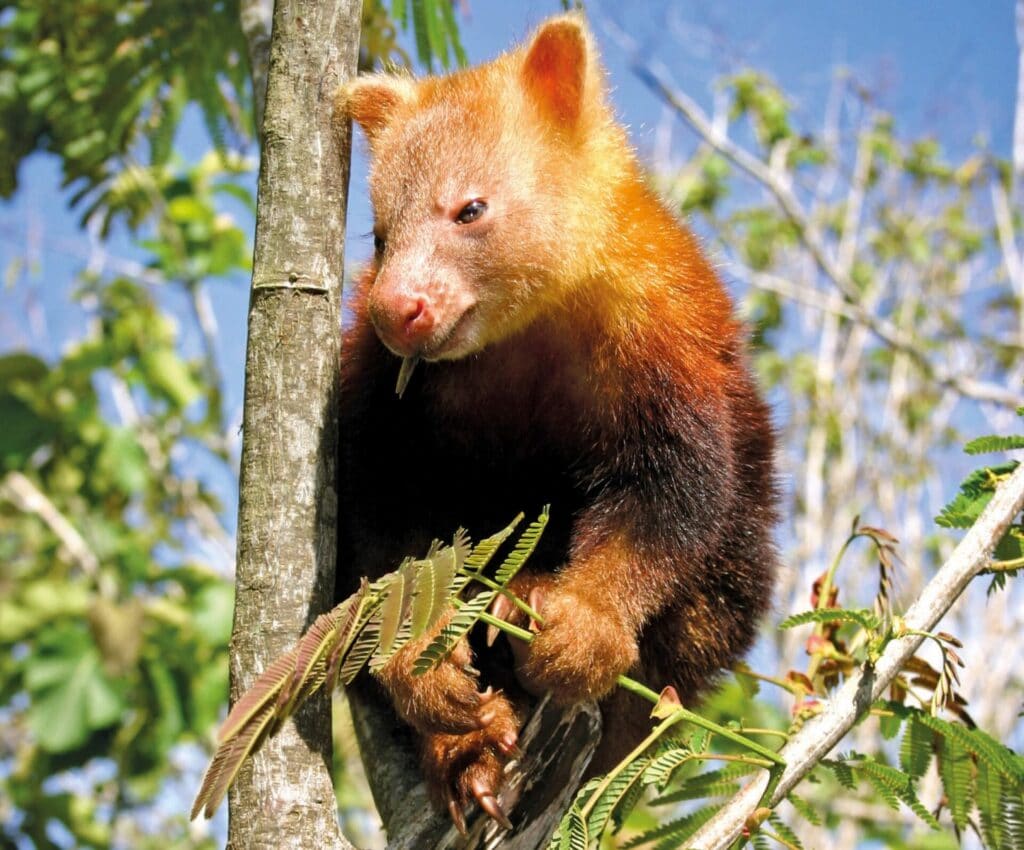
What inspired you to get involved with forest conservation?
Many things. When I was a school student, my teacher taught me about the environment and its importance: he said the Forest animals and human beings are able to survive from the land. I now say that if someone were to take all of my valuable properties, or if I am not successful with my education and am without employment, I will not die. But if someone takes all of my Land and Forest then, yes, I will die of hunger. These words come out of my heart and inspire me.
I’ve also seen many hectares of our forest destroyed by human activities such as logging, mining and oil palm companies. That has inspired me more to manage my forest. Therefore, when TCA established its programme in my village, I said “that’s the change I need to save my forest”. I was inspired and got involved with the conservation of my Forest. Even if I was not employed with TCA I would100% support the conservation programme in my village.
What challenges have you faced?
Since I was employed by TCA in 2010 I have faced big challenges and hardships but have not given up. Logging issues, the government wanting to build a new road through the Conservation Area and issues raised by stakeholders and educated elites. But I manage to stand up to defend the project by creating awareness at public gatherings, via the media and verbally to stakeholders on the importance of the conservation programme.
Sometimes people assaulted my wife, my children and myself. But I am not going to give up. Some challenges help me to learn new things and help me to not give up: gaining self-confidence, understanding personal intentions and motives, creating new initiatives to safeguard the Forest and Nature.
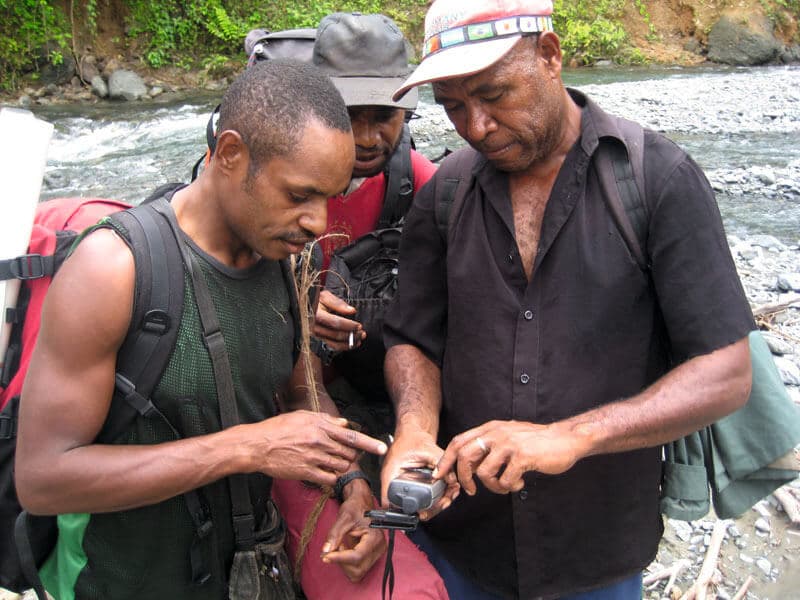
How has involvement in this project helped you?
I now really understand the true meaning of the Conservation of Forest. It helps empower me and other communities with rights to stand on my own feet to protect my Forest from being destroyed by human activities. Also, it provides basic services, such as community development projects, to improve health, hygiene and relieve poverty. Also it provided my employment with TCA.
It also links our conservation programme with the outside world, who can work with us. [Through the BirdLife project the University of Papua New Guinea provides new GPS systems to help villages map and monitor their forest and biodiversity.]
What are your ultimate aims?
The outcome I am striving for is for the Torricelli Mountain Range Conservation Area to be recognised and gazetted by the Papua New Guinea Government, through the Conservation Areas Act. We need more support from the government and the outside world; we must provide more basic services for local people and implement REDD+ projects. l will still support this conservation programme until the twinkling of my eye comes to an end and then my son will continue supporting the programme in his future.
*Fidelis’ original capitalisations are left unedited.
More about the project
Title: Strengthening non-state actor involvement in forest governance in Indonesia, Malaysia, the Philippines, and Papua New Guinea
Lead Partner: BirdLife International
National Partners: Burung Indonesia (BirdLife Indonesia); Malaysian Nature Society (BirdLife Malaysia); Haribon Foundation (BirdLife in the Philippines); Tenkile Conservation Alliance (Papua New Guinea).
Training and Technical Partners: University of Papua New Guinea; Centre for International Development & Training
Funded by: European Union
Stay up to date
Sign up to receive the latest bird conservation news. You’ll also receive updates about our projects, science and other ways to get involved including fundraising.
Thank you for your support, we are committed to protecting your personal information and privacy. For more information on how we use your data, please see our Privacy Policy. You can unsubscribe from emails at any time by using the link in the footer of any email from us.
